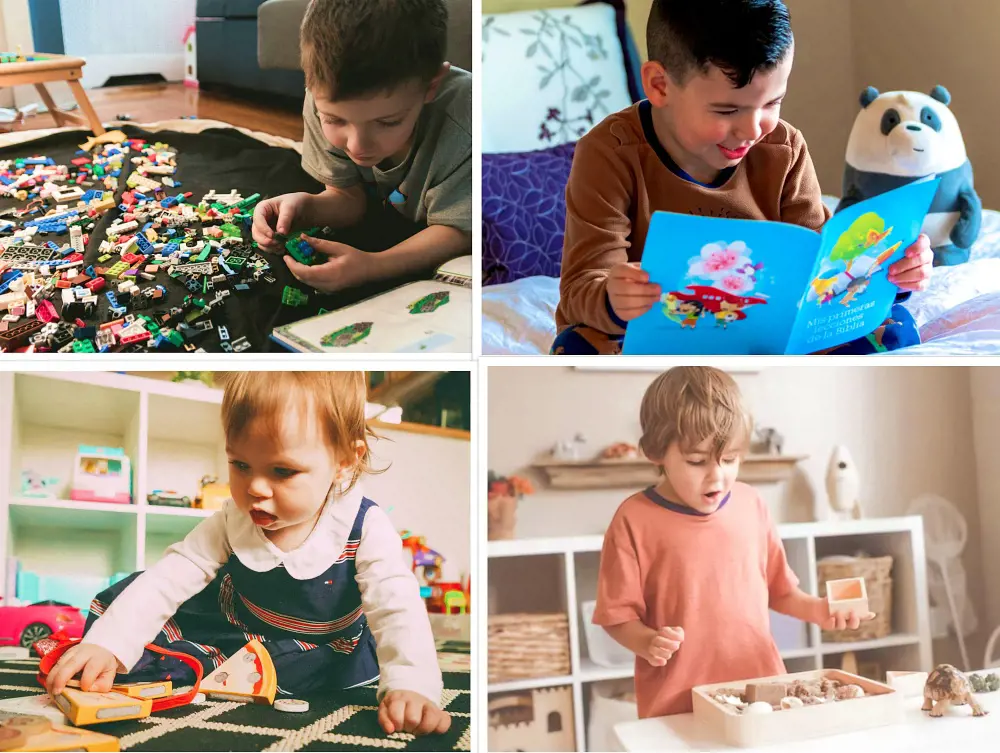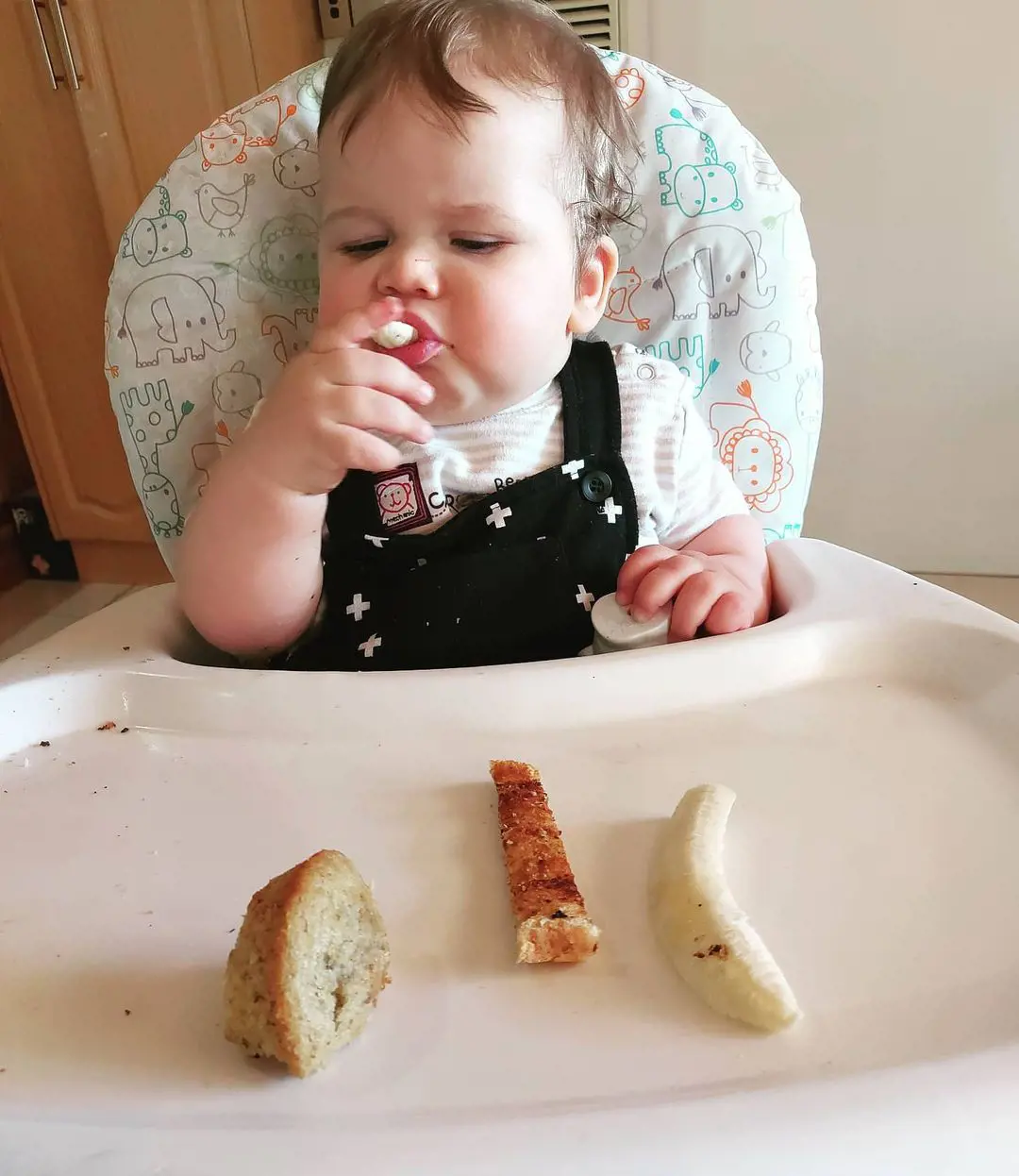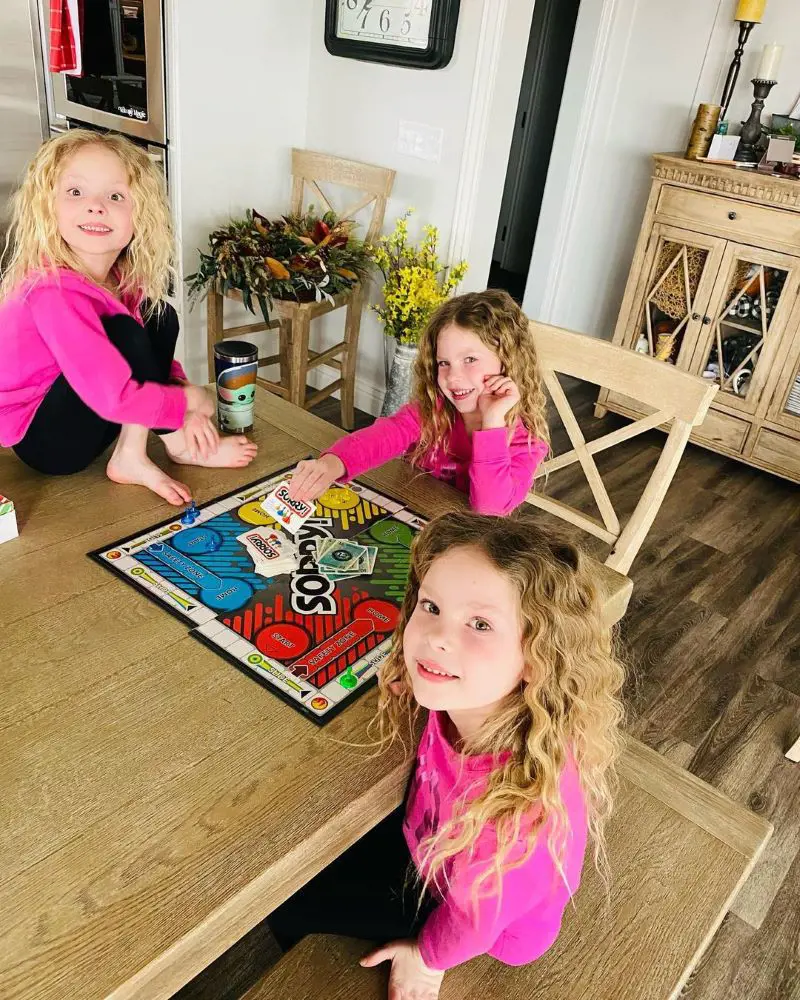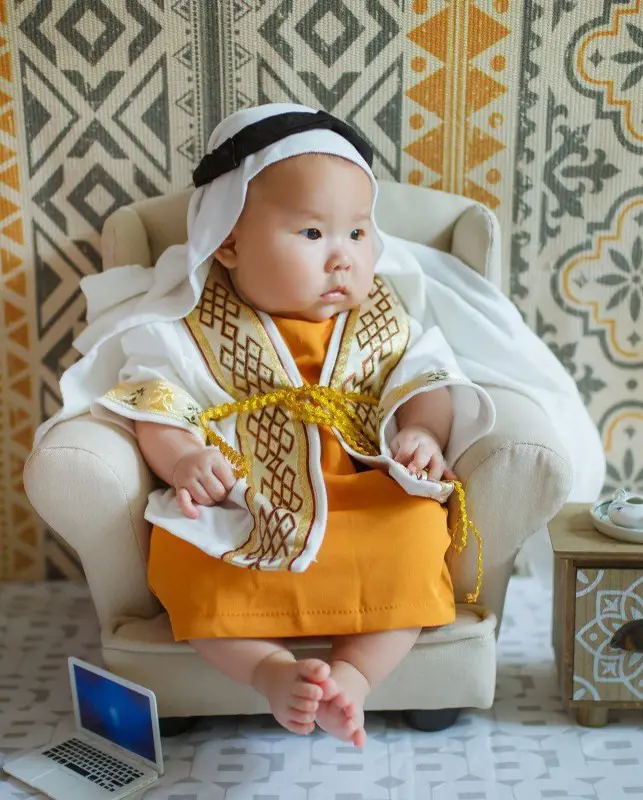How To Handle Toddler Tantrums?

Handling toddler temper and their tantrums can make you question your parenting skills but be assured their tempers have nothing to do with your parenting.
It is a part of their learning and growing process and an opportunity for parents to teach their kids about self-control and anger management.
You can start off by de-escalating the situation by removing your child from the chaos or the area of conflict.
No matter what, keep your cool and try to talk to your toddler instead of yelling. It is the best way of handling the situation without further reinforcing their behavior.
Once the temper tantrum begins, try to distract your child or change the environment as far as possible but never give in. Giving in will reinforce your child's behavior causing further tantrums in the future.
Your goal while handling tantrums is making it clear to your child that no means no and the behavior will not be tolerated without alienating him or her.
The younger toddler of age 1 or 2 often has outbursts due to their inability to express their desire while older ones of age 3 or 4 throw tantrums during the power struggles.
There are different ways of avoiding the outburst in the first place which we will discuss in this article.
5 Ways To Handle Toddler Tantrums Immediately
You can handle toddler tantrums immediately by understanding the reason behind their behaviors. Finding a quick distraction is another way of dealing with the situation.
Toddlers throw tantrums for several reasons. Some of the most common reasons for outbursts are hunger, tiredness, miscommunications, and frustration of not being to complete a challenge.
Whatever the cause of the tantrums may be, these 5 tips can help calm down the situation and give an opportunity for the parents to talk about the behavior with their little ones.
1. Find A Distraction
Finding a distraction quickly to help your toddler get out of the outburst can be the most effective immediate solution.
A distraction can be anything from a different scene or environment to a mere little favorite toy of your kid. Children tend to forget about their anger issues when presented with a new task or toy.
You can also distract your child by asking them to help you with daily chores. They are very likely to follow you around the house pretending to help you, don't worry about the added mess in the process as long as the trick is working.
Parents can also work with their kids to create 18 Easy Christmas Crafts for Toddlers.
2. Dig For The Reason
Understanding the reason behind the tantrums from your toddler can help solve them easily and quickly.
For example, if your child is having an outburst due to hunger or tiredness then feeding them or putting them to sleep can help eliminate the tantrums almost immediately.
Kids often do not understand their body needs which makes them irritated and angry. Paired with their inability to communicate their desires with their parents can add to their frustrations resulting in Tantrums. Little things like a heavy diaper can result in a full-fledged episode.
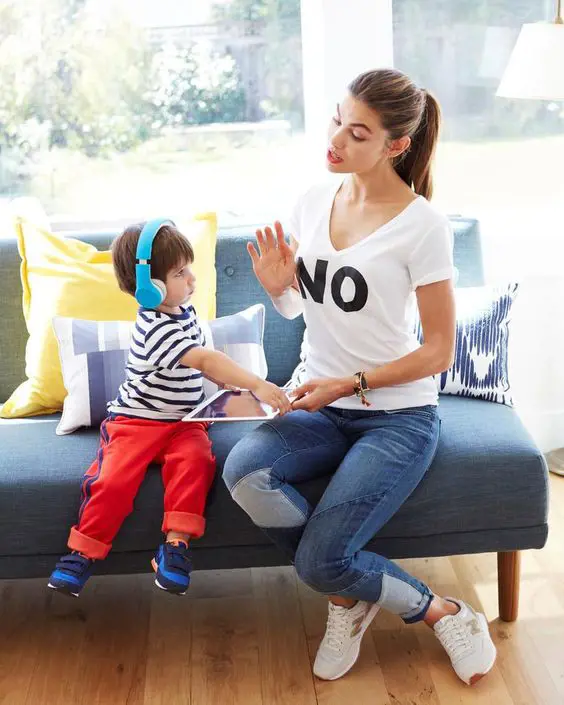
3. Let Them Cool Off
Giving your child (especially older ones above 3 years old) space to vent out their frustration and cool off can help handle the situation.
The older children often have frustrations resulting in outbursts due to their inability to perform seemingly easy tasks such as tying their shoelaces. They tend to get upset and angry after failing to perform the very challenge or task they thought would be easy.
Letting your child get their frustration out (be vigilant so they do not harm themself or others in the process) and talking to them or teaching them to complete the frustrating task will put an end to the chaos.
4. Give Them A Big Hug
Giving your toddler a big firm hug without muttering a word can help calm things down.
Although hugging your child might be the last thing you want to do during the chaos of the outburst, Dr. Levy explains to Parents, that giving them a hug will reinforce their feeling of security calming things down.
However, it is important to hold your child firm and not mutter a single word. If you start discussing with your child during the hug then you and your toddler will fall back to square one of the situation as disagreement will get the better of both of you.
5. Practice Time-Out Sessions
Choosing a time-out location and enforcing it every once in a while can help calm down your kids.
According to Mayo Clinic, sitting your child in a boring place like a chair or hallway during their tantrums and keeping them in the same position for 2 to 3 minutes can help them calm down.
You should bring your child back to their designated timeout spot if they start wandering off until the session ends, this will help your child understand the importance of good behavior. Not making any communication during the timeout session is also an important aspect.
However, once the session ends, it is very important to discuss the whole reason for the timeout and explain their irrational behavior. You can also have a conversation about the reason for the tantrum.
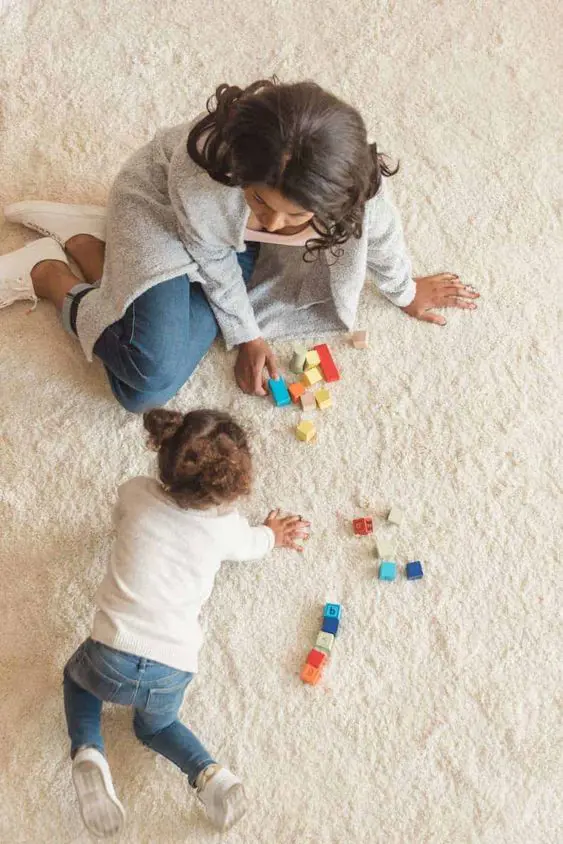
Understand The Reasons Your Child Throw A Tantrum
Children throw tantrums for reasons like hunger, tiredness, and frustration. Understanding the driving force behind the outburst will help manage the situation effectively.
Tantrums and emotional outbursts are common things and part of the development process in children, according to Parents. Knowing and understanding the reason behind their tantrums is an important task as a parent, the article adds.
Understanding your toddler's difficult behavior can be quite a challenge. However, according to Dallas-based psychologist Dr. Ray Levy, the core element of tantrums in toddlers is not getting the things they want.
Despite sharing the core, toddlers can have outbursts for different things. Here are some basic reasons.
- Changes in the environment make children more likely to be frustrated and overwhelmed, causing them to burst into tantrums.
- The inability to express emotions like hunger, tiredness, thirst, or desires can also be a reason behind toddlers' tantrums.
- Miscommunication between toddlers and their parents due to the limited command of language and vocabulary is also one of the main reasons for kids' outbursts.
- Older kids especially between 3 and 4 years of age can throw tantrums due to the power struggles between siblings or with parents.
- Toddlers also tend to put in a show when they fail to accomplish seemingly easy tasks such as tying shoelaces or building a tower with their building blocks.
The reasons for toddlers throwing tantrums can vary depending on the environment or family atmosphere. There are some ways of mitigating the likeliness of these outbursts in the first place.
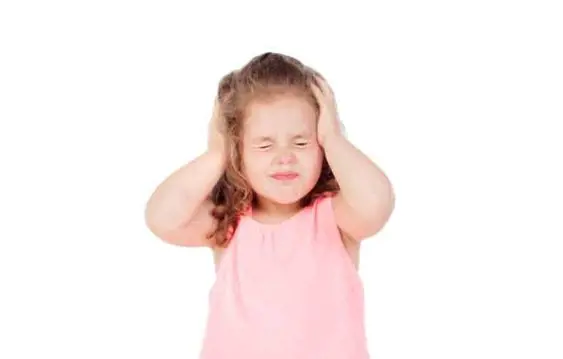
Prevent Toddlers Tantrums With These 5 Tips
Preventing toddlers' tantrums is difficult but not unattainable. Giving your kid choices and advance warnings can help mitigate the outbursts of emotions.
Trying to stop tantrums before they start largely depends upon the toddlers and parents. There are some ways of preparing your child for upsets or timely unloading their emotions ensuring they do not erupt in an outburst in the first place.
Making changes in the ways of communicating with family can also have a great impact on reducing tantrums from your toddlers. Practicing Yoga for Kids also helps them vent their emotions.
The five ways to prevent toddlers' tantrums in the first place before they erupt are:
- Giving early warnings to the kids in the manner of their understanding. Children tend to lose track of time so instead of saying we will be leaving the playground in 5 minutes try warning them by saying we will go home after 5 rounds in the swing.
- Making sure the toddlers are well-fed and well-rested before going on a shopping trip or at parties. Well-fed and well-rested kids tend to throw fewer tantrums.
- Avoiding areas that are likely to be the cause of your kid's tantrums, for example, avoiding the toy sections at the shopping mall if you do not plan on buying them something can be helpful rather than denying them after they make a demand.
- Letting your kids decide for themself in things that do not matter. Instead of saying time to brush your teeth, try would you like to brush your teeth before or after a bath?
- Ask for your kid's help in doing the chores like cooking or cleaning the house, they might end up making a bigger mess but they will have a sense of accomplishment mitigating the tantrums.
While it is normal for your toddlers to throw a tantrum every now and then, there is nothing much to worry about. However, talking to the doctors might be a good idea if the outburst has been escalating and never-ending.

When To Worry About Toddlers Tantrum?
There is nothing to worry about when your kids throw tantrums for reasons other than their or your safety. But in some severe cases, you should seek doctor's help.
Talking to the doctors can be helpful if you have a difficult time coping with your child's tantrums or if they appear to increase as time passes by, according to Kids Health.
However, it is not always the kids that might need a doctor's help. If you feel like you are being more aggressive in handling your toddler during the outbursts, you can talk about the problem with your doctor as well. Here are some signs that might be worth discussing with your doctor, according to Kids Health.
- The frequency and intensity of tantrums increase over time. Usually, they should start decreasing from the age of 4 years old but if that is not the case with your kid, a doctor's evaluation might bring peace to your mind.
- If your kid holds their breath during tantrums or tries to harm themself or others, then getting advice from your medical practitioner is helpful.
- Getting help from a family counselor or psychologist is a great idea if your child is being uncooperative and tends to argue about little things.
There is only so much you can do about your kid's tantrums but you can always take the opportunity to educate your child. You should never take tantrums personally and think as a failed parent but help your toddler express their desire.
